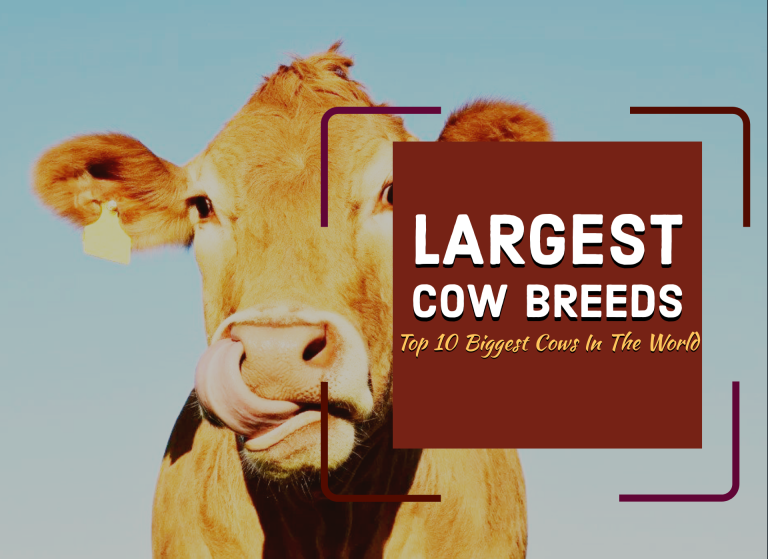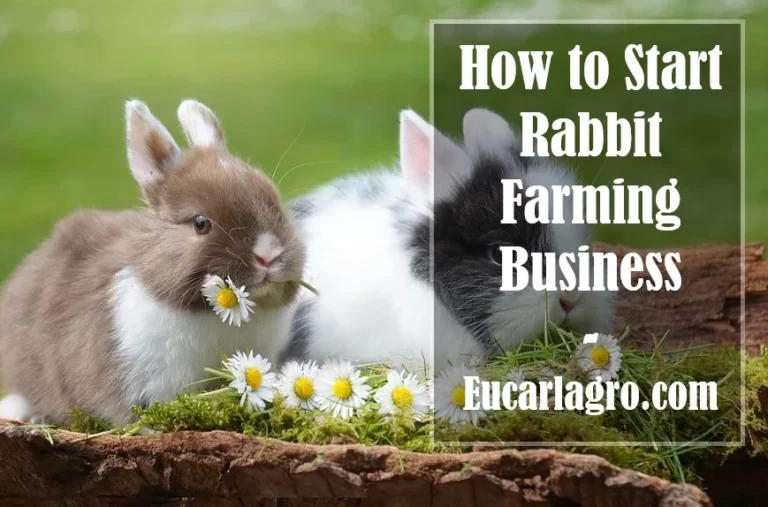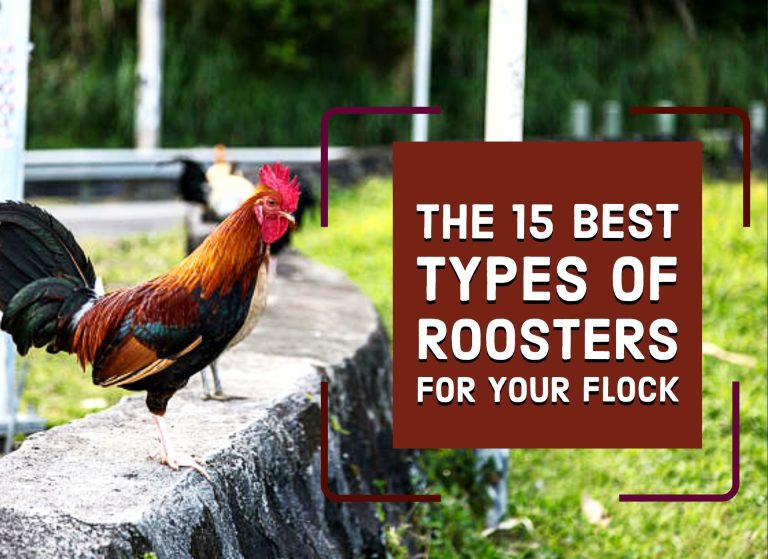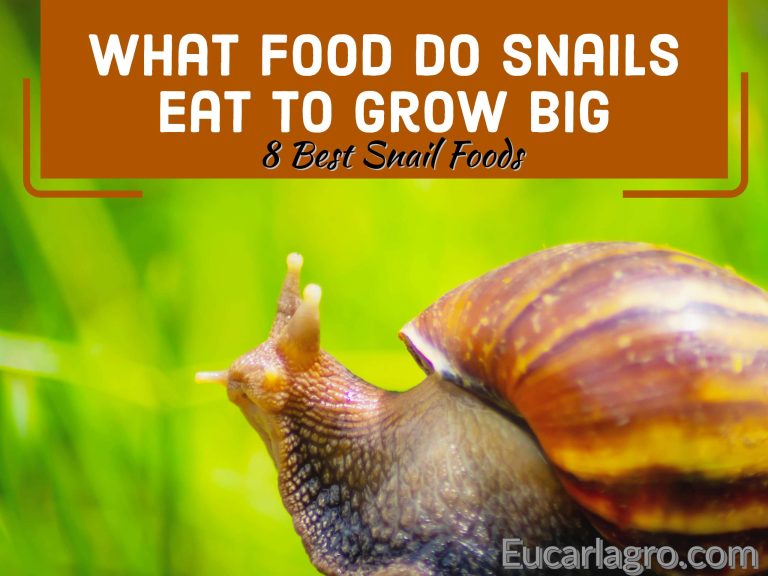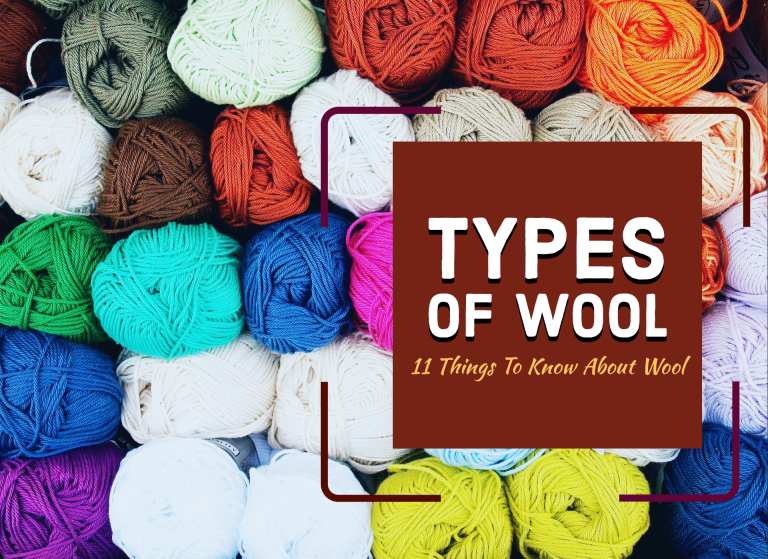List Of Healthy Foods For Rabbits: What Food Do Rabbits Eat?
Grass hay is one of the most preferred foods for rabbits. They need a lot of hay and grasses in their diets. This should also comprise fruits and vegetables. Most times, bunnies are associated with carrots and there is a mistaken impression that rabbits only feed on them. However, this is entirely wrong as there are several other healthy meals for rabbits.
To succeed in the rabbit farming business, you need to know the fruits and vegetables that are best for a rabbit diet. We also added notes on the different alternatives you can use in place of these rabbit foods and the food types you should never feed your rabbits.
Before we get to mentioning these foods, let us understand the nutrients that should be available in a rabbit’s diet.
Components of a Balanced Rabbit Diet
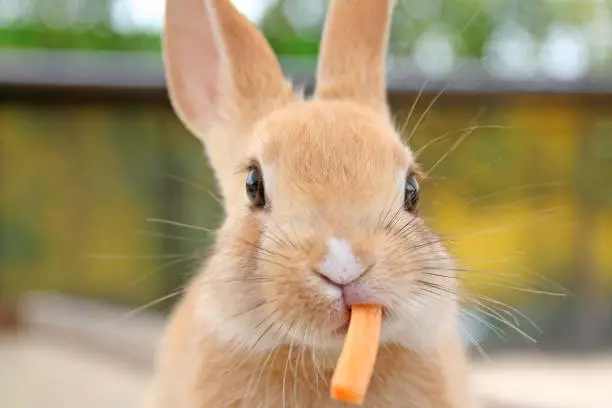
Bunnies naturally consume lots of fruits and vegetables but even at that, there are some vitamins and minerals that need to be present in their diet to ensure that the animals grow at their optimum rate.
A composite of dry hay, fresh vegetables, and fruits is advised for livestock feed production. This doubles up as the best kind of food for house rabbits.
For this meal, different plant varieties can be rotated to ensure that the rabbit is not stuck on one type of food all the time.
A wild rabbit will easily survive on tree barks, wild fruits, twigs, and seeds. Among these rabbit foods, you can select an alternative for hay to feed your pet rabbits.
Why Hay Is A Nutritious Food For Rabbits
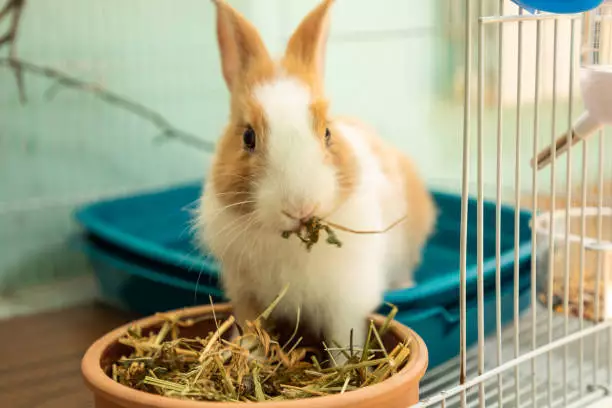
Notably, the most important foods in a rabbit’s diet are hay and grasses.
Hay contains calcium, vitamin A, and vitamin D which help in easing digestion and promoting efficient growth in the rabbits. For proper development of the rabbit’s teeth, you should feed them with enough hay.
Rabbits love to eat hay; preferably meadow hay, timothy hay, teff, eragrostis, orchard hay, oat hay, bromegrass, and fine grasses. You can combine these varieties of hay in their diet to ensure that they grow properly while feeding on the meals they like.
Grass hay has lots of varieties and as such, there is a wide range of options for the house rabbit diet. However, you should never feed your rabbits with thick thatch grass or alfalfa (lucerne) hay. This is a type of grass from legumes that is rich in proteins and calories.
On the flip side, though rabbits need proteinous meals, they do not need them in the amounts available in the alfalfa hay. If you add them to your rabbit’s meal, it can cause serious bloat.
Other Kinds Of Meals You Should Feed Your Rabbits
Asides from hays and grasses, there are different good foods your rabbits can eat. Fresh foods and organic products contain a lot of moisture which enables food to be easily digested, compared to processed foods which are infused with chemical preservatives and food additives.
Fresh foods that are collected to serve as additional nutrients in your rabbit’s diet should be free from pesticides. Wild fruits and fresh green vegetables should be washed properly and scrubbed before they are given to a rabbit to consume.
About 75% of the bulk of fresh foods in a rabbit’s meal should be made up of leafy greens. This is approximately 1 cup of greens for a rabbit that weighs 2 lbs. You can split this meal and feed the rabbit with it at different times of the day.
Before feeding your rabbits a new vegetable, you can give them a small portion of the veggies and find out if they like it. Definitely, they would rush up the vegetables they like and spit out the ones they don’t.
List of Leafy Vegetables You Can Feed Your Rabbits
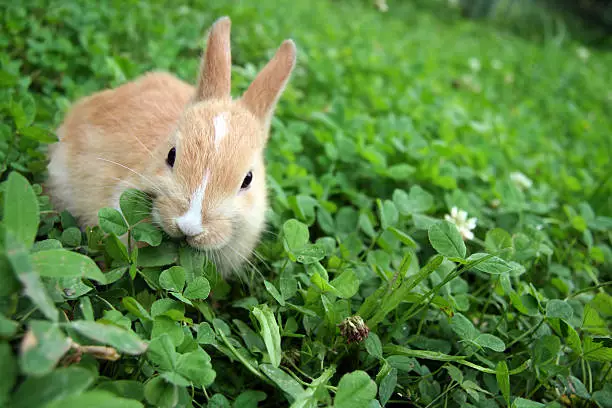
Leafy Greens That Contain High Oxalic Acid
These veggies should be fed in small amounts because they can cause gas, skin itching and tingling sensations, bladder sludge, and damage to the kidney of rabbits.
- Beet greens
- Beetroot
- Broccoli
- Brussel Sprouts
- Cabbage
- Kale
- Mustard greens
- Parsley
- Radish Tops
- Spinach
- Sprouts (Broccoli)
- Swiss Chard (Silverbeet)
Leafy Greens That Contain Low Oxalic Acid
These are the best vegetables for rabbits because they don’t contain alkaloids
Rabbits would normally decline to take herbs because of their strong and minty flavor. You can supplement their diet with herbs and flowers as natural medicines for rabbits.
These herbs and vegetables are:
- Artichoke leaves
- Arugula (Rocket)
- Asparagus
- Basil leaves
- Bok Choy
- Borage leaves
- Calendula
- Camomile
- Carrot leaves
- Cauliflower with the leaves
- Celeriac
- Celery leaves
- Chicory
- Chickweed
- Cilantro (Coriander)
- Clover
- Coltsfoot
- Comfrey
- Courgette and its flowers
- Cucumber
- Curly Kale
- Dandelion greens
- Dill leaves
- Escarole
- Endive
- Fennel
- Goosegrass
- Kale (all types)
- Lavender
- Lettuce (Frisee, Romaine, Red, Green)
- Mallow
- Mache
- Marog
- Mint leaves
- Nasturtium
- Nettle
- Oregano
- Plantain
- Radicchio
- Raspberry leaves
- Rosemary
- Sage
- Shepherd’s purse
- Spring greens
- Sow Thistle
- Thyme
- Turnip Greens
- Watercress
- Wheatgrass
- Yarrow
- Yu Choy
Non-leafy Vegetables Suitable For Rabbit Feeding
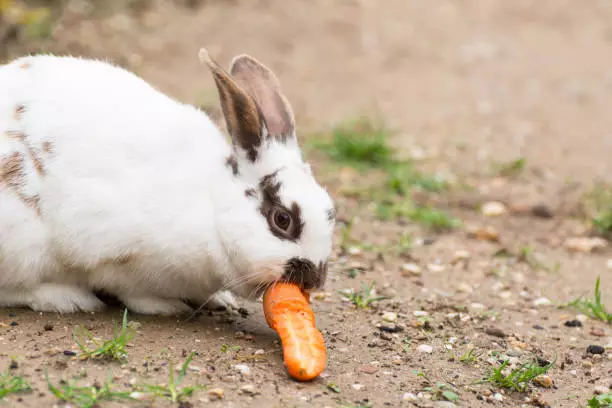
After leafy vegetables make up 75%, Non-leafy vegetables should make up 15% of the diet. This should be the same as 1 tablespoon a day of the veggies for a rabbit weighing 2 lbs.
These veggies include:
- Bell peppers (red, green, and yellow)
- Carrots
- Edible flowers (Hibiscus, Roses, pansies, lilies)
- Kohlrabi
- Pea pods
- Squash (Butternut, Summer, Zucchini)
- Swede
- Sweetcorns
List of Fruits That Rabbits Can Take
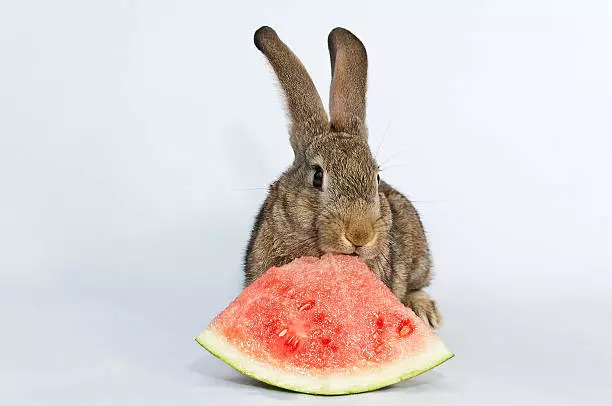
The remaining 10% of the fresh diet of rabbits is made up of fruits. (Approx. 1 teaspoon for a rabbit of 2 lbs body weight each day).
- Apple
- Apricot
- Banana
- Berries (Raspberries, Strawberries, Tomatoes)
- Cherries
- Currants
- Grapes
- Kiwi
- Mango
- Melons
- Nectarine
- Papaya
- Peach
- Pear
- Pineapple
- Plum
- Star Fruit
Nutrients You Should Limit In The Diets Of Rabbits
Plants containing the following chemical toxins should be given in limited amounts to the rabbits if at all they happen to be some of the foods for rabbits on your grocery list.
- Alkaloids
- Oxalic acid
- Starchy foods and sugars
- Fruits
List Of Foods You Should Not Feed Rabbits
The Gastrointestinal tract of rabbits is mild and as herbivores, some foods should never feed to a rabbit. These foods include:
1. Onions Should Never Replace Veggies in Your Rabbit’s Diet
Any food in the Allium family (onion family) such as garlic, chives, leeks, or spring onions should not be given to rabbits because they interfere with their blood flow.
2. Pastries Are Not Rabbit Snacks
You should not feed rabbits with baked foods such as bread, cakes, hamburgers, or cookies. This is because they contain high amounts of sugars which can cause the rabbits to become overweight and may damage their tooth
If you give your rabbits pastries, they’d certainly jump on you because of their sweet taste but if you continue with it over time, you may be heading to the veterinary clinic soon.
3. Pasta, Cereals, and High-Carb Diet Are Not Ideal Foods For Rabbits
Starchy foods and meals with high calorific values are not suitable for rabbits. It can cause enterotoxemia in your bunnies and can be observed with continuous stomach upset.
Potatoes and yams are highly starchy meals and should not be fed to bunnies.
4. Nuts Should Not Be Fed To Rabbits
Peanuts (Groundnuts), Walnuts, and Cashew nuts are some of the nuts that you should not feed your bunnies. They are high in fats which can lead to overweight bunnies.
5. Yogurts Should Not Be Found In A Rabbit’s Diet
Yogurt is a fermented milk form and can easily cause enterotoxemia in rabbits done they are partly lactose intolerant. The bacteria in yogurt can build up in their GI tract, causing them to have stomach upset.
Excess milk intake is not also advised for bunnies.
6. Too Much Water Should Not Be Fed To Rabbits
Even though water is necessary for GI Motility and ease of digestion in rabbits, excess intake in foods such as cucumber, watermelon, and Iceberg Lettuce can impede the health of your rabbits.
7. Sweet And Sugars Should Not Be Found In The Diets Of Rabbits
Chocolates and Candies are not for rabbits. They may not necessarily cause any harm, but for the safety of their teeth, you should keep those away.
Conclusion
Having gone through the foods for rabbits above, this article would not be complete if you do not know how to feed rabbits properly.
Whenever you want to introduce a new food variety to your rabbits, especially fresh foods, grass hay should always come first, then clean water. This helps to increase the GI functioning and cushions it to accept new kinds of food.
After giving the hay diet and the new meal, you should consistently watch the behavior of the rabbits and their stool.
If the bunny’s stool is softer than usual, allow the animal to continue with the food for two more days, and when the soft stool persists, you should mark off the meal and list it out among the meals that are not suitable for your rabbit.
This list will help you in picking the right veggies for your rabbits at the grocery stores.

